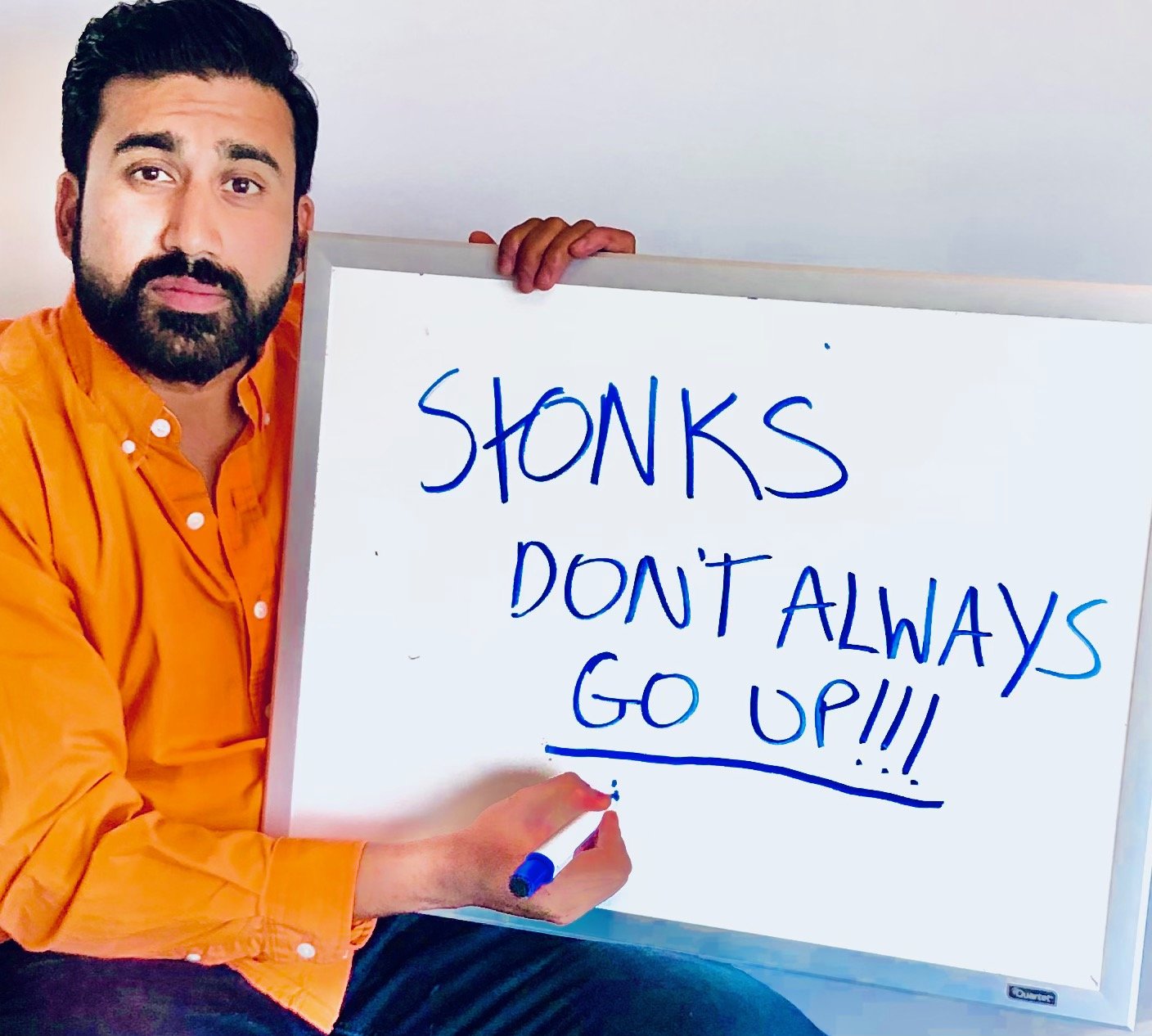Leasing vs. Owning a Vehicle for Healthcare Professionals
Whether you’re commuting between clinics or driving to patient homes, your car is an essential tool. For healthcare professionals, the decision to lease or own has unique considerations. Let’s explore the financial, tax, and lifestyle aspects, along with tools and tips to make the best choice for your circumstances.
Financial Comparison of Leasing vs. Owning
Initial Costs: Leasing often requires a lower upfront cost than purchasing, making it attractive if you want to minimize cash outlay. For example, a leased vehicle may require only a down payment and the first month's payment, while purchasing could require a larger down payment or higher monthly payments, especially if financed.
Monthly Costs: Leasing typically results in lower monthly payments. If you lease a $40,000 car at a 3-year term, monthly payments may be around $500, while purchasing the same vehicle could cost $700 monthly. For healthcare professionals aiming to keep monthly cash flow stable, leasing can make budgeting easier. However, at the end of the lease, you’ll need to return the car or pay additional fees.
Depreciation and Resale Value: Purchased cars depreciate quickly, with vehicles losing an average of 20-30% of their value in the first year alone. In contrast, leasing can be more appealing since you avoid the direct impact of depreciation, and you can upgrade every few years without the need to sell.
Tax Deductions for Healthcare Professionals
Healthcare professionals often have unique tax situations, and leasing or owning affects deductible expenses differently:
Leasing: Lease payments can sometimes be deducted as a business expense if the vehicle is used for work purposes, providing a potential tax advantage. For example, a physical therapist who spends 70% of their workday driving to patients’ homes could potentially deduct a portion of the monthly lease.
Owning: When purchasing a vehicle, you can only deduct depreciation and expenses directly related to business use. Tax benefits differ between the U.S. and Canada, with Canada permitting Capital Cost Allowance (CCA) deductions on owned vehicles. Consult a tax advisor to determine the impact based on your specific practice setup and tax laws.
Intangible Benefits of Leasing vs. Owning
Flexibility: Leasing offers the flexibility to switch to a new car every few years, ideal if you prefer newer technology or lower maintenance costs. Healthcare professionals with highly mobile careers may find this a major advantage since it reduces the time and cost associated with repairs in older vehicles.
Ownership Stability: Owning a car gives you long-term stability and the freedom to customize or use the vehicle without restrictions. For healthcare professionals who drive high mileage, leasing may not be ideal due to mileage caps. Owning a car with high mileage could result in significant depreciation, but it allows for unrestricted usage, which can be crucial.
Real-life Example of Cost Analysis
Imagine you’re a self-employed physiotherapist deciding between leasing and buying a $40,000 car for business use.
Leasing:
Monthly payment: $500
Mileage cap: 20,000 miles annually
Tax Deduction: Based on usage (let’s say 80% business use); 80% of lease costs could be deducted if tax laws allow.
Total over 3 years: $18,000 (plus any potential mileage penalties)
Buying:
Monthly payment: $700 (financed)
Mileage: Unlimited
Tax Deduction: Depreciation on business use; if depreciated at 15% per year, you’d get a tax deduction based on that rate.
Depreciated Value after 3 years: Approx. $26,600 (33% depreciation over 3 years), but you still own the asset.
In this case, the leasing option is less costly initially, but buying could pay off longer-term if you plan to use the vehicle beyond the loan term. Mileage-heavy users may find buying beneficial if they exceed lease caps frequently.
Tools and Calculators to Help Make Your Decision
Using calculators and tools specific to leasing vs. buying can simplify your decision. Resources like Edmunds’ Lease vs. Buy Calculator and NerdWallet’s Car Affordability Calculator can break down estimated costs and let you customize scenarios based on your usage and goals.
Industry-Specific Insurance Considerations
For healthcare professionals often driving to client locations, insurance is another essential factor. Leasing often requires higher levels of insurance coverage, which can increase premiums. For owned cars, insurance may be slightly cheaper, especially if you don’t need full coverage. However, it’s also essential to consider potential coverage for any equipment or supplies transported in your vehicle, as these could require additional insurance to protect your practice assets.
Why This Matters
With healthcare professionals frequently balancing multiple jobs or self-employed roles, understanding the full financial and practical implications of leasing or buying a vehicle can lead to significant cost savings and increased financial flexibility. In a high-interest rate environment, owning might be costly if loans have high APRs, while leasing offers consistent, lower payments.
On the other hand, ownership has a payoff that leasing cannot offer – an asset that you can sell or retain beyond a lease term. This stability can be particularly beneficial in times of economic uncertainty or if you face periods of reduced patient loads.
Ultimately, the decision to lease or buy a vehicle depends on several factors: financial goals, vehicle use, tax benefits, and personal preference. For healthcare professionals, who often need reliable, high-mileage vehicles, it’s essential to weigh both the tangible (costs, tax implications) and intangible factors (flexibility, asset value).
If you’re considering a vehicle change, running the numbers and speaking with a financial advisor can help you decide. Whether you value the freedom and stability of ownership or prefer the flexibility of leasing, understanding your specific professional needs can make the choice clearer.
You can prepare for most economic hardships by getting your finances in order. It really starts with the basics. You DO NOT need to do it YOURSELF, you can see how I’ve developed my own plan, by grabbing my FREE RECESSION SURVIVAL GUIDE.




